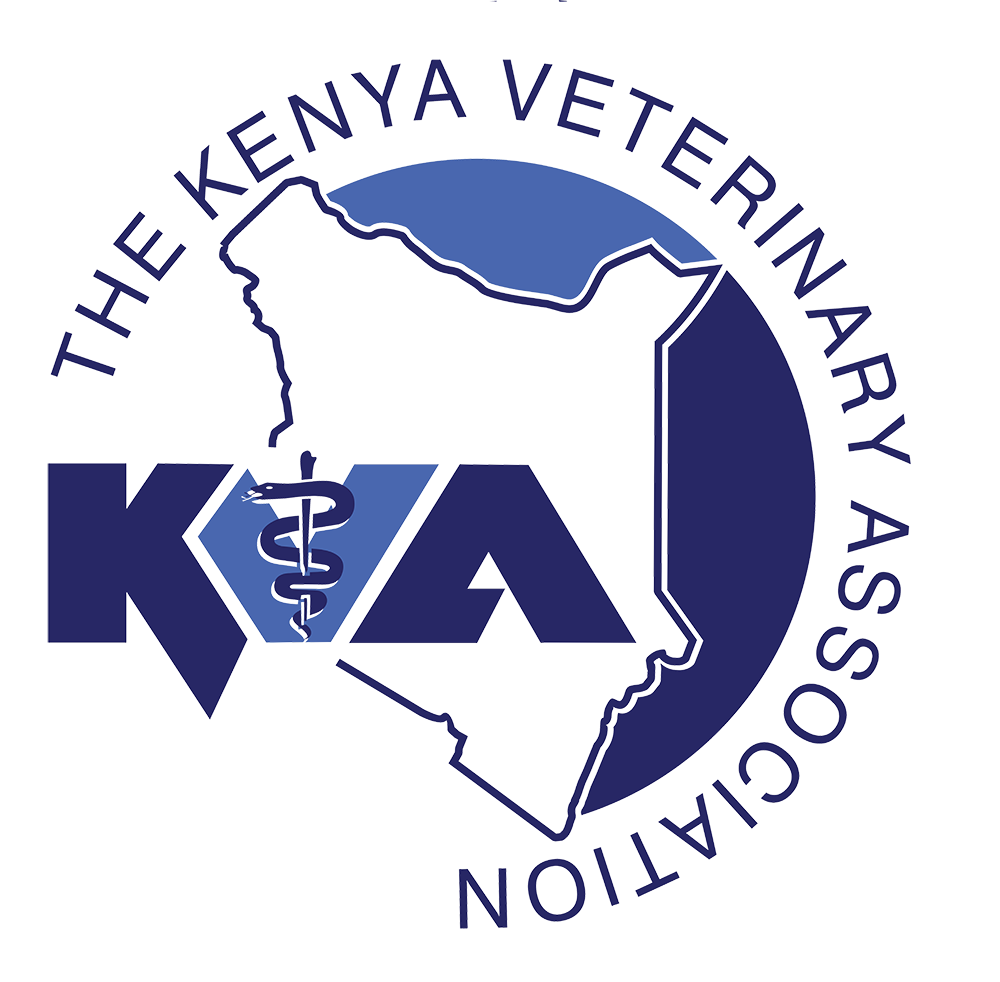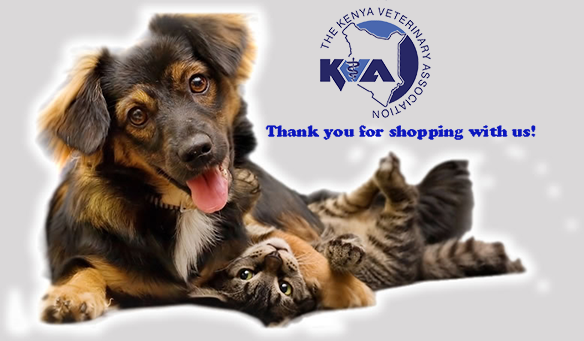Consultancy for Conducting a Regulatory Impact Statement for LITS regulations
1. Background
The Livestock Identification and Traceability System regulations 2019 have undergone the full cycle of development through a collaborative approach among the key sector actors and have been subjected to requisite stakeholders and public participation.
2. Objective
The objective of this consultancy will be to: Prepare a “Regulatory Impact Statement” in accordance with provisions outlined in the Statutory Instruments Act, 2013 Part III (Regulatory Impact Statements).
3. Scope of Work
The specific scope of work for the consultant will be:
Prepare a regulatory impact statement that shall include the following information about the Livestock Identification and Traceability System Regulations, 2019 that shall include the following:
- A statement of the objectives of the proposed legislation and the reasons for them;
- A statement explaining the effect of the proposed regulation and its potential effect on the existing regulatory framework that is to be amended or repealed;
- A statement of other alternative and practicable means of achieving those objectives, including other regulatory as well as non-regulatory options;
- An assessment of the costs and benefits of the proposed statutory rule and of any other practicable means of achieving the same objectives including;
- An assessment of the economic, environmental and social impact and the likely administration and compliance costs including resource allocation costs.
- Any increases in costs borne by producers, county governments, national governments and development partners;
- An assessment of likely immediate term, medium term and long term disruptions to existing production, marketing, trade and operational processes;
- Potential for disruption of pastoral coping mechanisms;
- Impacts on trade and non-trade cross border movements;
- Impacts on supply of live animals for slaughter to all categories of abattoirs;
- Impact on farm gate prices for animals and animal products
- Likely impacts on meat wholesale and retail prices;
- The cost of compliance to producers, traders, abattoir operators and the cost of enforcement to regulatory authorities;
- Impacts on export commodity prices, competitiveness and volumes in the short, medium and long term;
- Impact on producer access to financial services using livestock as collateral;
- Impact on producer access to livestock insurance services;
- Likely impacts on livestock theft, cattle rustling, resolution of disputes of ownership and prosecution of offenders;
4. Deliverables of the Study
- A Regulatory impact statement submitted within 21 days of commencing the consultancy.
- The consultant shall, within 7 days from the date of submission of the “Regulatory impact statement”, present his/her report and recommendations to the project steering committee for validation and approval.
5. Planning and Administration
The consultant will cater for all aspects of data collection, analysis and reporting.
6. Duration of consultancy
The consultancy shall run for a total of 10 working days inclusive of report writing and presentation.
7. Minimum qualifications
The assignment is open to both individuals and firms but the Consultant must demonstrate a minimum of the following requirements:
- At least an MSc in relevant areas of livestock production, veterinary science or a related field.
- At least 7 years’ professional experience in animal productivity, health, welfare and public health and provide evidence of similar assignments.
- Registered and retained by the Kenya Veterinary Board and in good professional standing with the Kenya Veterinary Association
8. Costs
To be quoted by the consultant.
9. Application Guidelines.
Completed proposals/applications should be submitted to the Kenya Veterinary Association by the 1st of March 2020 via the email: info@kenyavetassociation.com and clearly marked in the subject of the e-mail: Consultancy for Conducting a Regulatory Impact Assessment. Successful bidders will be notified by 9th March 2020.

